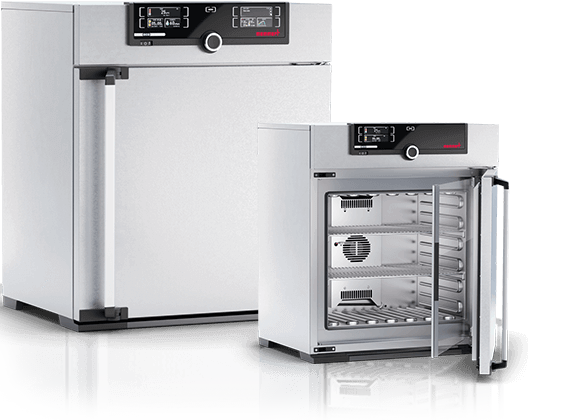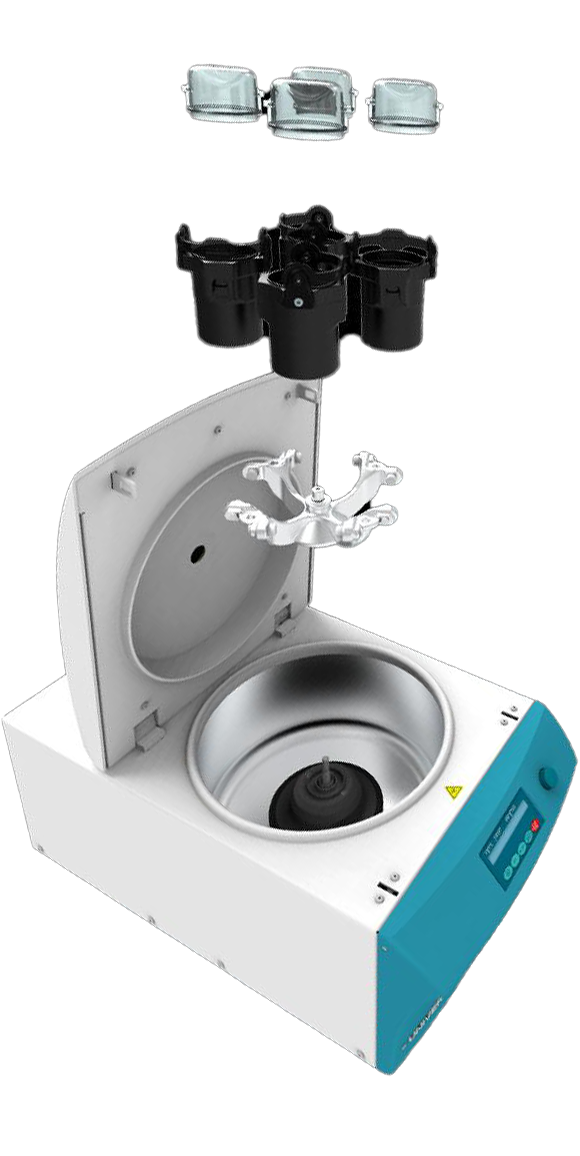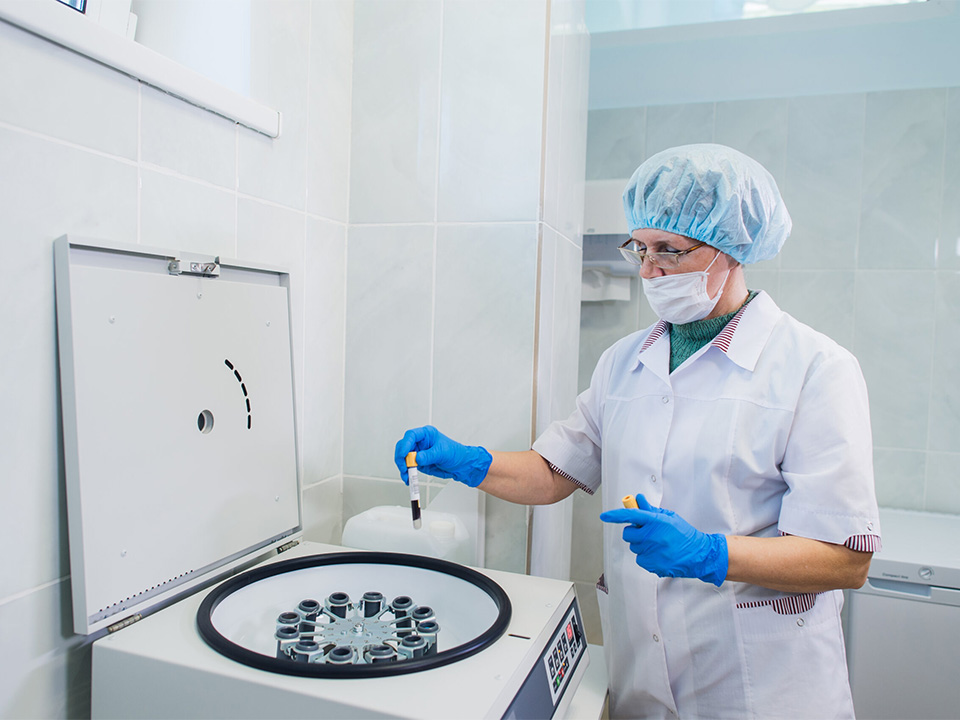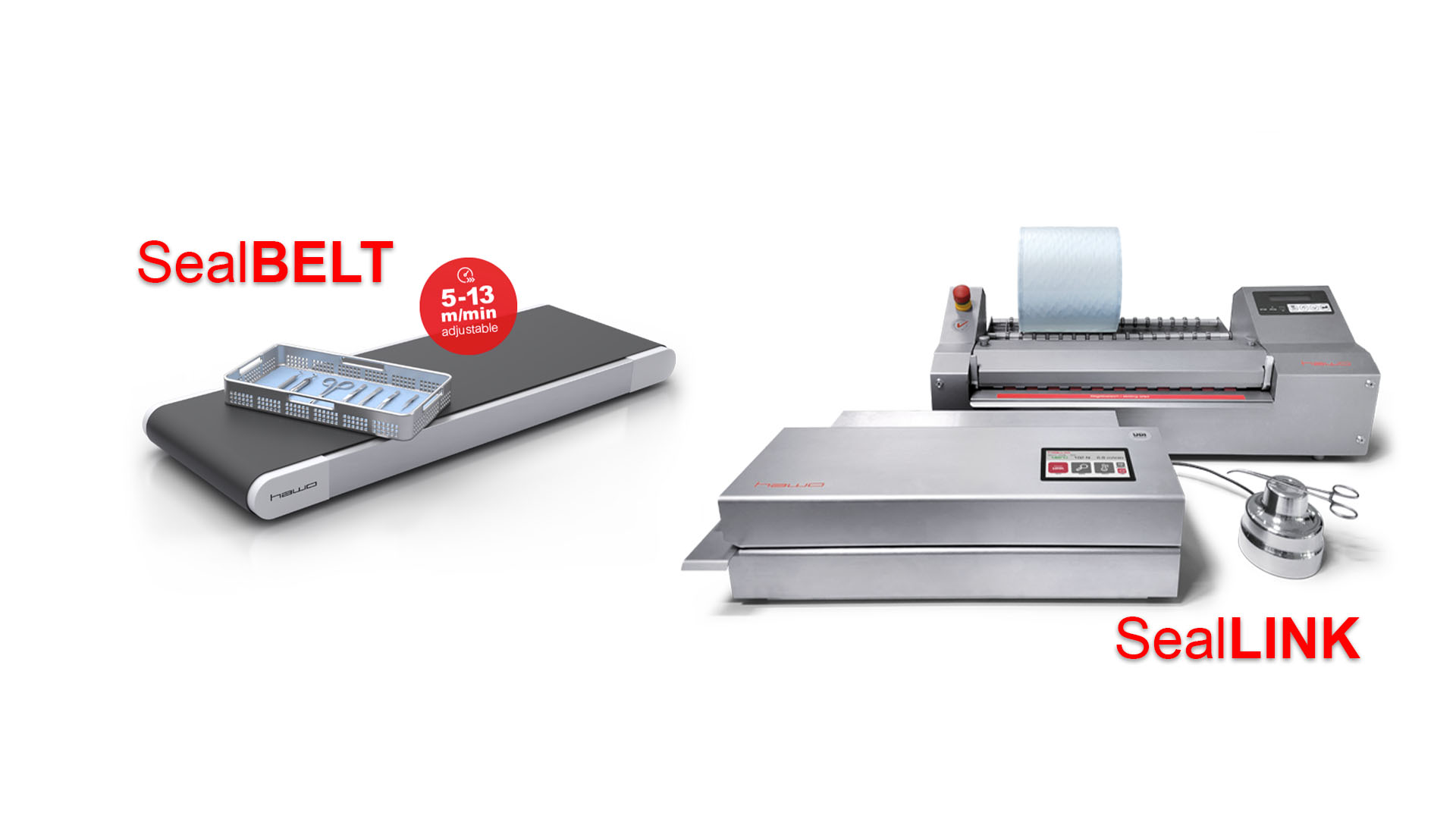What do you do when you need a laboratory centrifuge repair? When your centrifuge breaks down, it is not only inconvenient, but it can cost you time and money. In this month’s blog, I look the things you need to do to get yourself back up and running as quickly as possible.
Can you repair it yourself?
The first question you should ask if your centrifuge breaks down is: can I fix the issue myself? Sometimes, the problem is something very simple. For example, it could be that the fuse has blown on the plug. Alternatively, the centrifuge power cable may not be properly connected. Always check these simple things first before going any further.
Another issue that can easily be rectified yourself is if your centrifuge is keeps going out of balance. If this happens, you may just need to balance your buckets properly. More information on this subject can be found in a previous blog I wrote back in February 2022.
There are a variety of other simple problems which can be fixed by yourself, without needing specialist technical help. The operator’s manual of the device will be able to help you in these instances. When you purchased the centrifuge, it should have been supplied with an operator’s manual. Most manufacturers include in the operator’s manual some common problems and instructions on how to fix them. It also normally lists the error codes and what each one means and how you can remedy it. This information can usually be found near the back of the manual. Ensure that you consult the operator’s manual in the first instance to see if it is a simple fix.
If you still can’t fix it, then read on:
Decide whether you want an on-site or off-site laboratory centrifuge repair
If the problem is not that simple, it is time to call in the experts. There are several centrifuge service providers out there. Our company, Henderson Biomedical, is just one example.
When contacting your centrifuge service provider, ensure that you give a detailed description of the fault. The service provider may be able to help you fix it over the phone. If not, an engineer will need to take a look at your equipment to remedy the issue.
You then have two choices. You can ask for a Field Service Engineer to attend your site to fix the centrifuge. Alternatively, you can pack the centrifuge up and send it away for repair. Often the latter is less expensive than the former. However, it will mean that you will have some downtime whilst the centrifuge is being repaired. Some service providers can offer you a loan unit whilst your centrifuge is being fixed, so make sure you ask if this is possible.
If you are opting for an engineer to come on-site to fix the fault, make sure that you give the service provider detailed information on how to locate the centrifuge. Some laboratories are located on very large sites, with multiple floors and rooms. It can be difficult for a Field Service Engineer to actually find the faulty centrifuge if proper directions are not given.
Whether you decide to go for an on-site or off-site laboratory centrifuge repair, make sure the instrument is properly decontaminated. In a previous blog, I outlined how to properly decontaminate your laboratory equipment.
Safety is key with any laboratory centrifuge repair
Health and safety are always paramount with any laboratory centrifuge repair. As already mentioned, you should ensure that the centrifuge is properly decontaminated before any work is carried out on the device.
You should also make sure that the faulty centrifuge is not used in any way. Using a faulty centrifuge could be dangerous to the user. You should consider taking the broken centrifuge out of the laboratory, well away from any user so that nobody accidentally uses it. If you do have to leave it in the laboratory, make sure that the device is properly labelled with a ‘DO NOT USE’ note, the lid taped shut and the power cable has been taken away.
Of course, if you are undertaking any remedial actions yourself, you should always ensure that the centrifuge is turned off at the mains first.
Other things to do when your laboratory centrifuge needs a repair
Act quickly. There may be a long lead time in obtaining the spare part from the manufacturer. So, make sure you notify your centrifuge service provider as soon as possible. This is particularly true now. There is a worldwide shortage of microchips and raw materials due to the shockwaves caused by COVID-19 pandemic and the war in Ukraine.
Finally, make sure that when the repair is carried out, that you keep all the relevant paperwork for your own reference. Job sheets, calibration certificates, logbooks should all be kept somewhere safe for future reference.
How Henderson Biomedical can help
Henderson Biomedical have been repairing laboratory centrifuges for nearly 35 years. We have a team of in-house and Field Service Engineers that can help with your centrifuge repair. We cover the whole of the UK and can repair your equipment either at your site or in our London workshop.
For more information on how we can help you, please contact our team on 020 8663 4610. Alternatively, if your centrifuge repair is not urgent, you can email us at info@henderson-biomedical.co.uk or you can complete our online form.









